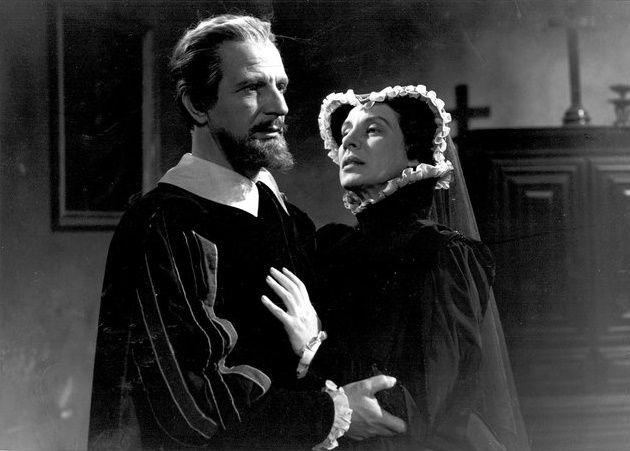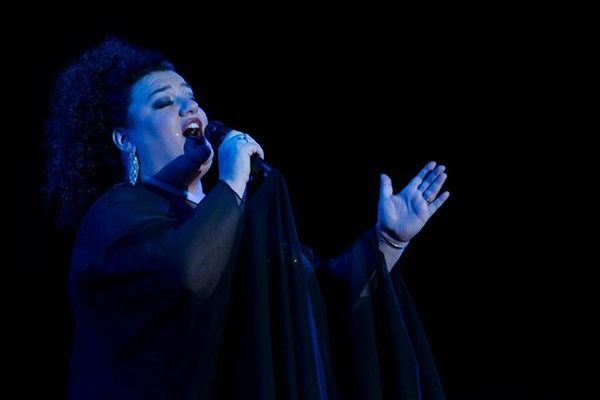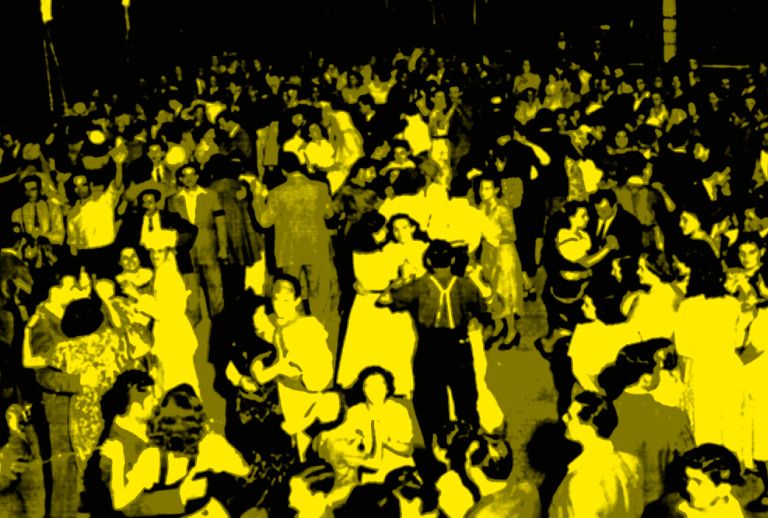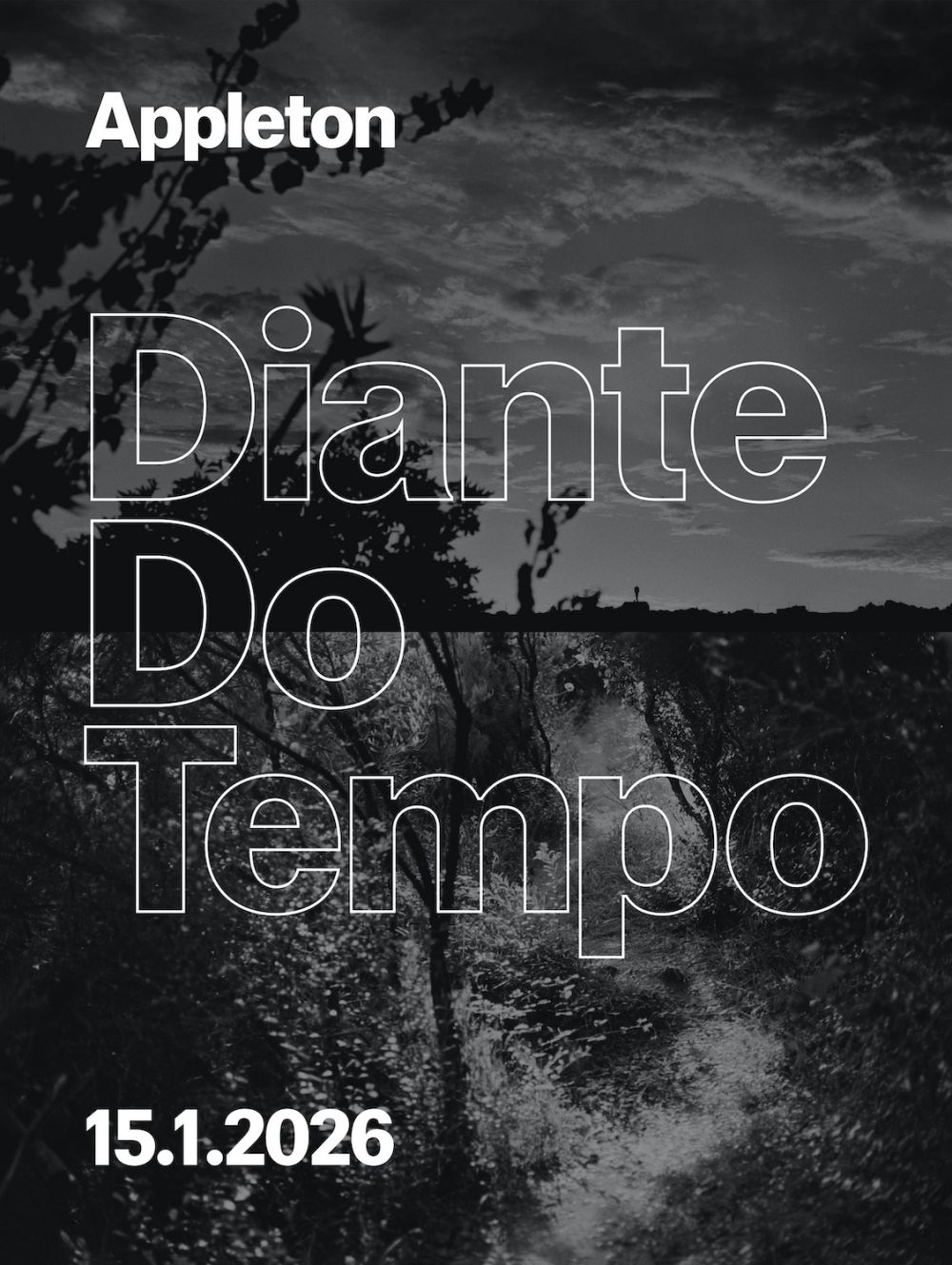Obras de referência da cultura portuguesa
"FREI LUÍS DE SOUSA"
de ALMEIDA GARRETT
Análise de Duarte Ivo Cruz
Tradução: Alexandra Leitão

O "Frei Luís de Sousa" de Garrett constitui um caso muito singular da dramaturgia portuguesa, na medida exata da sua própria heterogeneidade e das oscilações de estilo, gosto e estética que marca o contraste dos seus três atos. Por vezes sobe muito alto: mas mesmo quando o nível oscila, por cedência à época ou aos exageros românticos do autor, nunca desce baixo. É realmente uma grande peça e um extraordinário momento do teatro português, como o não temos não tantos assim.
A primeira nota a registar será a alternância da austeridade da tragédia e da exuberância do drama romântico. Bastaria essa base de análise para singularizar o "Frei Luís de Sousa" pois não há rompimento de ritmo, apenas uma certa tentação para saltar uma ou outra fala, para simplificar uma ou outra cena.
Um grande exemplo dessa dicotomia é precisamente a última grande cena da morte de Maria e do seu dificílimo monólogo: dificílimo porque, precisamente, alterna tiradas de grande emotividade romântica, com falas de uma extraordinária austeridade trágica, em especial nas intuições desígnios e certezas que a pobre Maria revela e confirma, antes de morrer "de vergonha":
"Mãe, mãe, eu bem o sabia (...) tinha-me dito aquele anjo terrível que me aparecia todas as noites para me não deixar dormir..."
E aí vai também o drama existencial do próprio Garrett, que põe na boca e na angústia da personagem a sua própria angústia face à filha ilegítima que seria aliás o único filho que lhe sobreviverá:
"Esta é a minha mãe, este é o meu pai (...) deixe-me este pai, esta mãe que são meus - Não há mais do que vir ao meio de uma família e dizer - Vós não sois marido e mulher?"
E essa certeza que se prefere transformar em dúvida, também mantém acordada a pobre Dona Madalena de Vilhena, para quem a mudança de casa representa o catalizador e como que uma catarse teatralmente hábil, apesar dos excessos de retórica que também provoca. E que redime a espetacularidade, essa sim bem romântica, do incêndio e das tiradas patrióticas de Manuel de Sousa Coutinho. Mas justamente - a peça tem, para cada um deles, contrapartidas admiráveis. Assim: a cena da explicação dada por Manuel à filha, perante o retrato de D. João de Portugal, e a sensibilidade com que Maria percebe ou intui a situação. E a força da paixão quase erótica que Madalena assume na cena do engano em que, involuntariamente induz o Romeiro.
E precisamente: o Romeiro, cuja intervenção no terceiro ato resvala para certo ultra-romantismo dramático, conduz com exemplar austeridade trágica a cena do interrogatório no segundo acto, onde, passo a passo se vai desvendando a verdade, pela sucessiva confirmação de indícios que se transformam em certeza - e aí, a pobre Madalena perde por completo a contenção trágica para cair no dramalhão. Antes disso, a cena é exemplar e tem como formidável remate a indicação do retrato - pois não é D. João de Portugal que desencadeia a tragédia é o destino, é "ninguém".
De Frei Jorge não vale muito a pena falar, mas do "bom Telmo" sim, apesar de "tresler muito". É uma espécie de coreuta e encarna, com Maria, o passadismo do mito sebastianista passados 20 anos. Maria empolga-se com o retrato de D. Sebastião. E espera a vinda do Rei.
Afinal, quem chegou foi o espectro dos mortos da batalha de Alcácer Quibir, que a levaram com eles!
"FREI LUÍS DE SOUSA" by ALMEIDA GARRETT
Frei Luís de Sousa by Almeida Garrett constitutes a very singular case in Portuguese dramaturgy in the exact measure of its heterogeneity and of the variations in style, taste and aesthetics that mark the contrast between the three acts. Sometimes it soars: but even when the standard varies, by bowing to contemporary customs or to the author’s romantic excesses, it never stops too low. It is in fact a great play and an extraordinary moment in Portuguese theatre, of which there are few.
The first note to register is the alternation between the austerity of the tragedy and the exuberance of the romantic drama. This analysis would suffice to single out Frei Luís de Sousa, as there is no break in the rhythm but only a certain temptation to skip this or that line or to simplify this or that scene.
A major example of this dichotomy is precisely the last great scene of Maria’s death and her extremely difficult monologue: extremely difficult because it alternates tirades of great romantic emotionality and lines of extraordinary tragic austerity, in particular the insights, intentions and convictions that poor Maria reveals and confirms before she dies “of shame”.
“Oh, mother, mother, well I knew it (…) I had been told by that terrible angel who appeared every night and would not let me sleep…”
And of course this is also Garrett’s own existential drama. In the words and the grief of the character he puts his own grief about his illegitimate daughter, the only one of his children to survive him:
“This is my mother, this is my father (…) leave me this father, leave me this mother, who are mine – Why do you come in the midst of this family and say – You are not husband and wife?”
This conviction, which has been transformed into doubt, also keeps poor Dona Madalena de Vilhena awake. For her, moving house represents a catalyst and a sort of theatrically skilful catharsis, despite the excessive rhetoric that it also causes. This is redeemed by an extremely romantic spectacularity of the fire and the patriotic tirades of Manuel de Sousa Coutinho. This play has admirable counterparts for each. Thus: the scene in which Manuel gives his daughter an explanation before the portrait of D. João de Portugal, and her sensitivity as she perceives or grasps the situation. And the force of Madalena’s almost erotic passion in the scene where she involuntarily induces the pilgrim in error.
And it is precisely this pilgrim, whose intervention in the third act slips into a certain dramatic ultra-romanticism, who conducts the scene of the interrogation in the second act with exemplary tragic austerity, where the truth is revealed step by step, by the successive confirmation of signs that become certainties – here poor Madalena completely loses her tragic containment and plunges into melodrama. Prior to this, the scene is admirable, culminating with the portrait being indicated – because it is not D. João de Portugal who unleashes the tragedy, it is fate, it is “nobody”.
There is not much to say about Frei Jorge, but we should discuss “good Telmo”, although he “talks a lot of nonsense”. He is a sort of chorus and with Maria embodies the longing for the Sebastianist myth, twenty years later. Maria is thrilled with the portrait of King Sebastian. And awaits the coming of the king.
In fact, it was the spectres of the dead of the battle of Alcácer Quibir who came and took her with them!
Obras de Referência da Cultura Portuguesa
projeto desenvolvido pelo Centro Nacional de Cultura
com o apoio do Ministério da Cultura

 Divulgue aqui os seus eventos
Divulgue aqui os seus eventos













